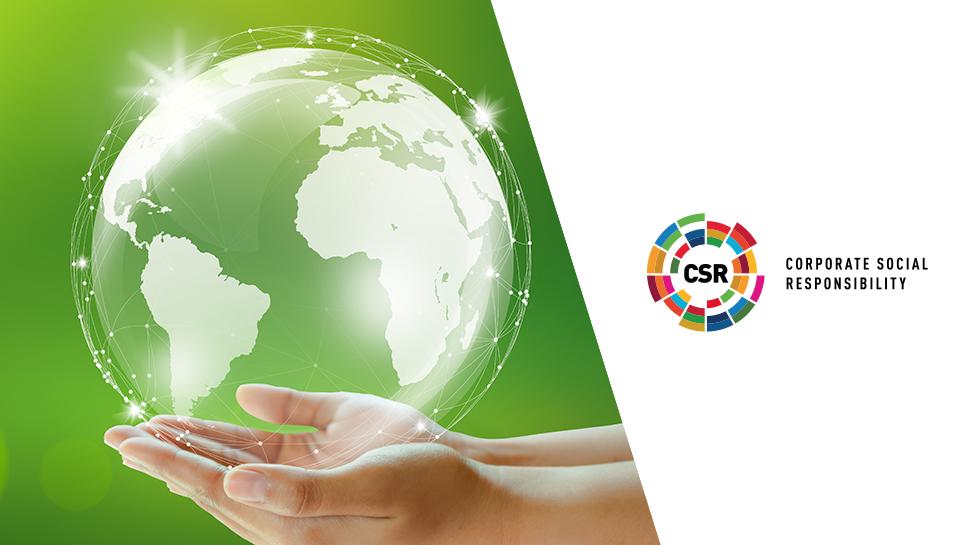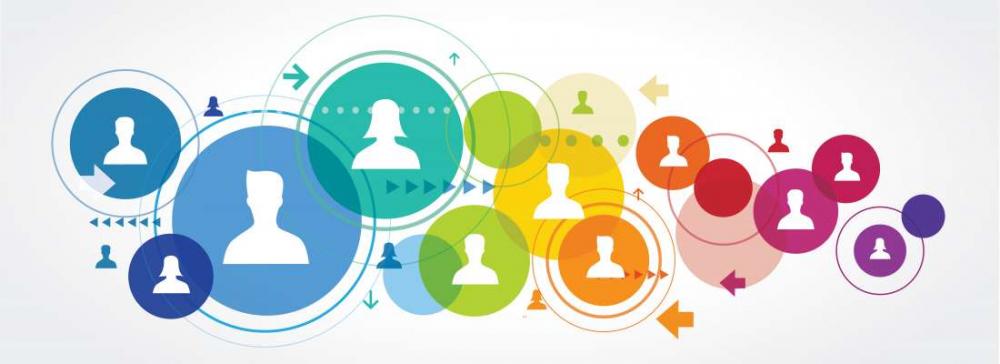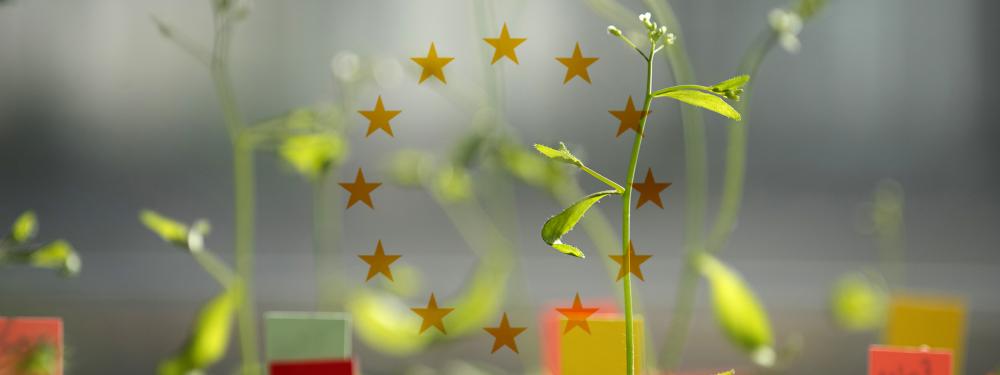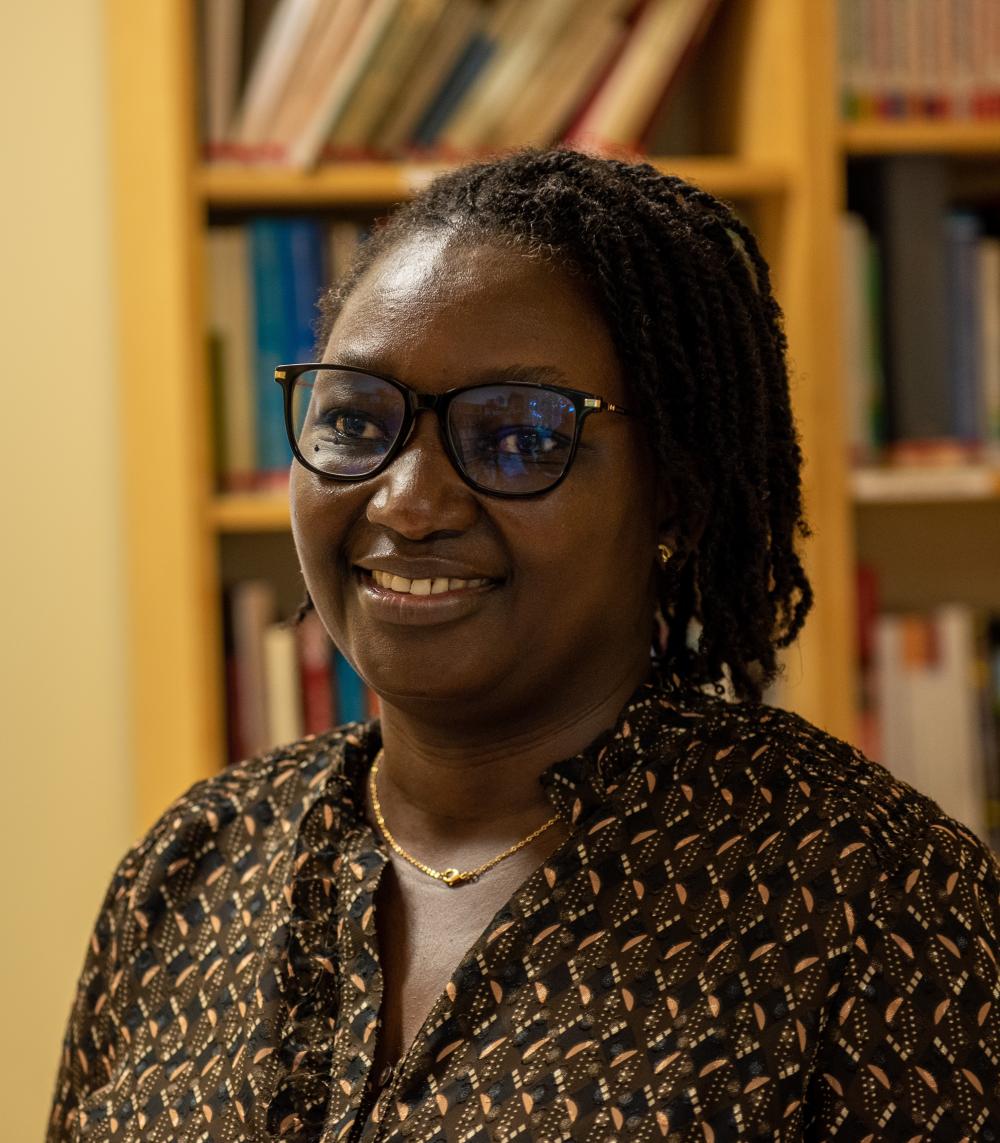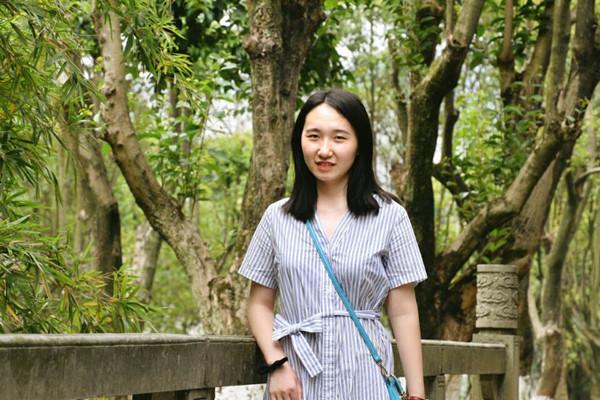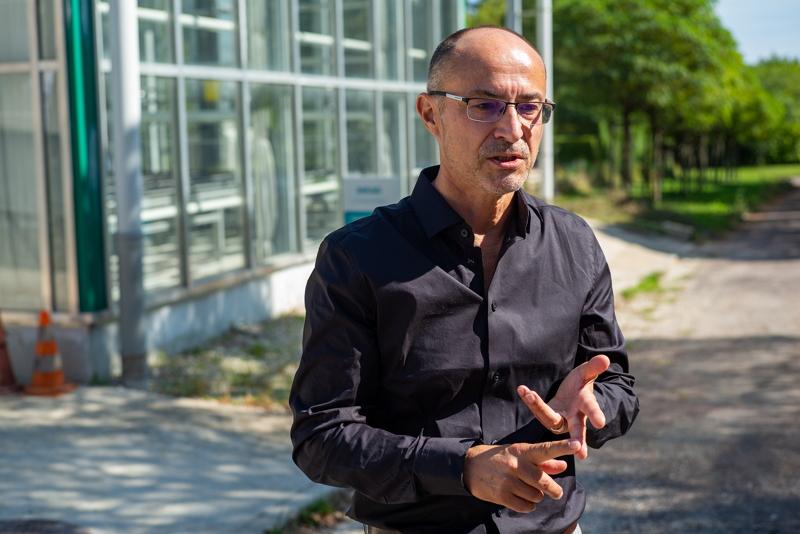Join us

Looking to join us?
As a public scientific and technical institution contributing to finding solutions for global challenges, INRAE calls on a broad range of skills, from a large number of disciplines, to produce and disseminate knowledge, train in research and through research, inform public decisions and contribute to the dialogue between science and society. Although we need scientific and technical skills, we also need the support of many other professions. These contribute to implementing the human, financial, legal and technical resources essential to carrying out our mandates and the quality of life of our working community.
Our permanent staff are recruited through competitive examinations open to all nationalities. They are recruited as engineers, assistant engineers, research scientists and research directors and have the status of French civil servants. We also recruit people living with disabilities every year by contract. This procedure allows access to the civil service without competitive examinations. Mobility offers new professional prospects to our community and enables staff to acquire and develop new skills. As part of international mobility, we also welcome scientists from all over the world.
Our values
The variety of our research topics place us at the heart of major issues affecting society today. With a community of 12 000 employees, an annual budget of more than one billion euros, and an unparalleled wealth of skills, we are attentive to carry a human resources policy based on diversity and inclusiveness, aligned with sustainable development goals.
In 2010, INRAE received the European Commission's Human Resources (HR) Excellence in Research Award because of its high-quality recruitment and training practices as well as its work to promote healthy psychological and social working conditions. The institute remains committed to applying this HR approach to create a favourable work environment for all its staff. In January 2020, we were awarded the Diversity and Professional Equality labels, thus becoming the first public research institution to obtain the dual label.
Committed for several years to a proactive approach, INRAE actively participates in recruiting people living with disabilities and develops a global policy in this area, in order to support staff throughout their career (recruitment, integration and retention in employment). Our policy reflects the belief that a diverse and multicultural workforce is a valuable resource and we strongly feel that promoting a healthy work-life balance is important to fostering positive working conditions. We provide competitive employee benefits to staff at all levels. These benefits include flexibility in defining one's work shift and location, the option to work from home, to work part time, and structural support during life transitions.
We are contributing to the Sustainable Development Goals (SDGs) of the 2030 Agenda of the United Nations set in 2015, by maximizing the positive impacts and minimizing the negative effects of its activities on the environmental, social and economic levels. We are committed to continuing to align our operations, all activities combined, with our scientific policy for sustainable agriculture, healthy food and a preserved environment.
Our people, talented and diverse
The first wealth of our institute is that of the women and men who work there. They come from France, Europe or other parts of the world and they are recognized for their skills and expertise. Our scientists have led remarkable findings in various fields including plant and animal biology, animal and human health, nutrition, environmental sciences. They receive grants and distinctions for it and are frequently asked to share their knowledge and know-how with society.






